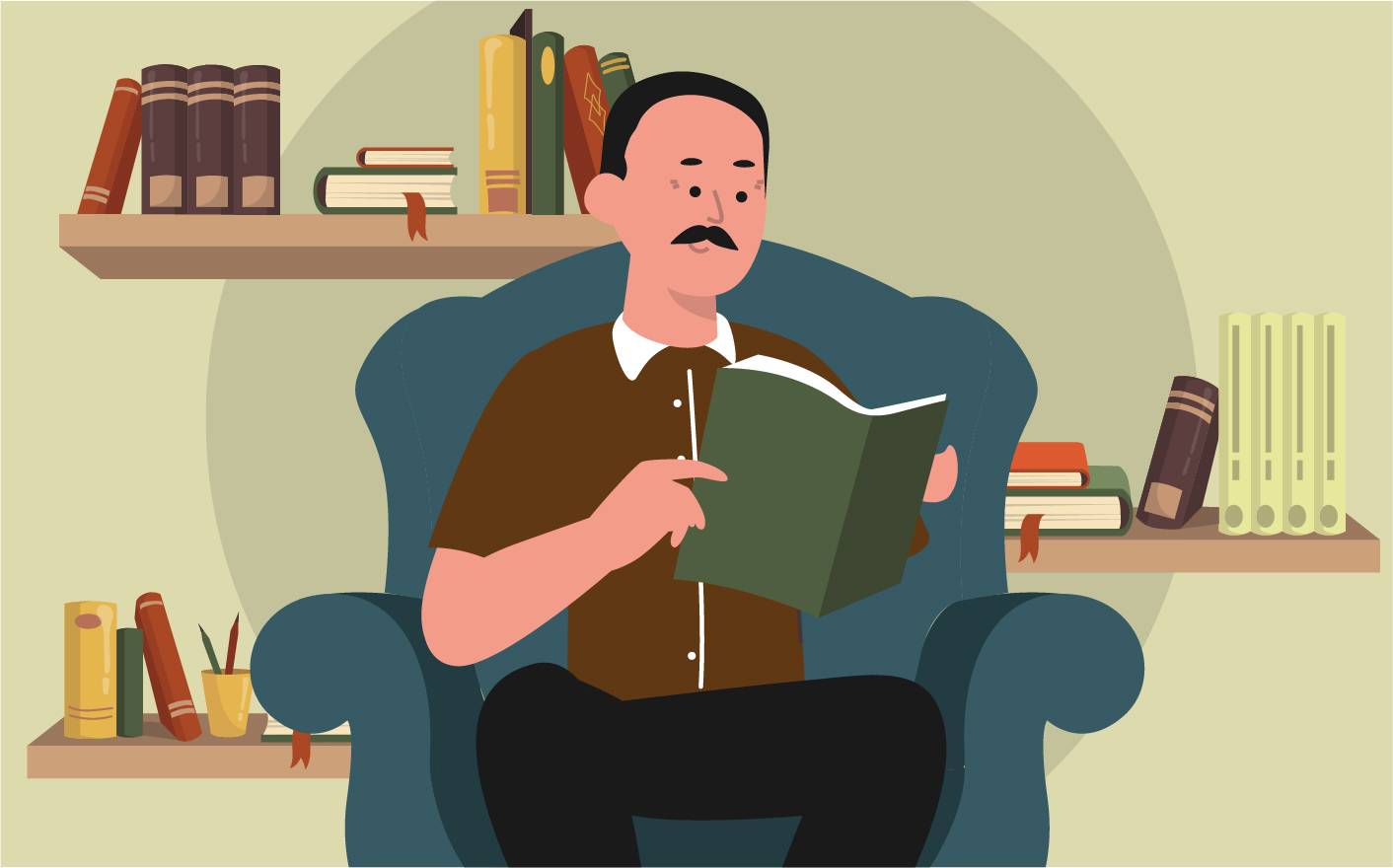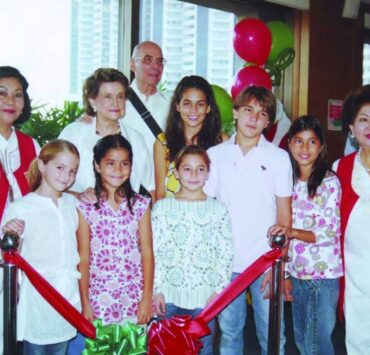Needing a story more than food to stay alive

One by one, my close friends have gone to the great beyond. First Robert Arevalo, then Ronaldo Valdez. We were tennis buddies and used to play doubles regularly. Only Dik Trofeo, the documentary filmmaker, is still around.
I had coffee with Dik sometime ago to reminisce about the good old times. There were many pregnant silences during our conversation but we both knew what we were thinking. Truly we miss Ronald and Robert.
In the end, all we have are stories.
The American author, humorist, voice actor and radio personality Garrison Keillor once said: “You get older and realize there are no answers, just stories. And how we love them.”
Who doesn’t love a story? Stories have been the air that we breathed and the ground upon which we have walked. “Tell me a story” is the request of young and old alike.
The truth is, I have a treasure chest of personal stories I keep in my mind. Anecdotes, sketches, narratives, short tales, yarns about great persons as well as ordinary persons whom I have encountered in my lifetime.
Many of these stories are very juicy and revealing and since we all crave a little gossip now and then, people easily become my captive listeners. I would even use them to spice up my speeches whenever I am invited to speak.
Recollections
People become specially interested when I regale them with my recollection of celebrities. As Gabriel Garcia Marquez wrote: “Everyone has three lives. The public, the private and the secret.” It is the unknown private side of celebrities and icons that people love to know so I indulge them.
To name just a few, I knew Ronnie Poe, Vic Silayan, Charito Solis, Leopoldo Salcedo, Nida Blanca, Marlene Dauden, Nick Joaquin, Levi Celerio, Edgar Reyes, just to name a few of our local luminaries.
Abroad, I met Sir Laurence Olivier, Sir Paul Scofield, Ingrid Bergman in the UK and Bernardo Bertolucci and Giuseppe Tornatore at the Cannes Film Festival. Modesty aside, I can fill a whole book talking about them and I would probably call the book “Close Encounters With The Great“ or simply “Great Encounters.”
To recall memories is like having a second chance at life. As someone said: “The past beats inside me like a second heart.”
My vivid imagination can still bring to life some past incidents and episodes in my life. The sound of someone’s voice, the light of her face, the touch of her hand, all have a strong, beneficial influence on me always. French author Marcel Proust was able to write a novel of seven volumes based on his recollections of childhood and experiences, instances of involuntary memory, triggered by sensory experiences such as sights, sounds and smells, which conjure important memories for the writer-narrator.
Walking oral history book
Aged people like me should tell stories because, in the words of the writer Joyce Carol Oates, they are “all we have left to pit against death and silence.” Sometimes a person needs a story more than food to stay alive. It is our way of knowing that we the elders have been seen and heard.
Every senior past 70 or 80 is a walking oral history book. Our National Historical Commission should deploy professional historical researchers to extract as much memories as they can from their minds while still lucid.
We need dedicated people like Studs Terkel, an American writer and historian, who was acclaimed for his collection of oral histories of ordinary Americans, such as “Hard Times: An Oral History of the Great Depression,” “American Dreams: Lost and Found,” “The Good War” and other books.
We should look for young scholars with passion for history in our universities who would be trained to listen, to chronicle and to make sure the stories of Filipino octogenarians are remembered and documented. These would serve as a window into our nation’s past, which should be placed in a national repository or archive, digitally accessible to historians, writers, documentary filmmakers, period film production designers and so on.
Elie Wiesel, the Jewish author of 57 books, reminds us: “Without memory, there is no culture. Without memory, there would be no civilization, no society, no future.”
Arsenio “Nick” Lizaso is a filmmaker and TV and stage director. He is a former president of the Cultural Center of the Philippines and former chairman of the National Commission for Culture and the Arts.

















